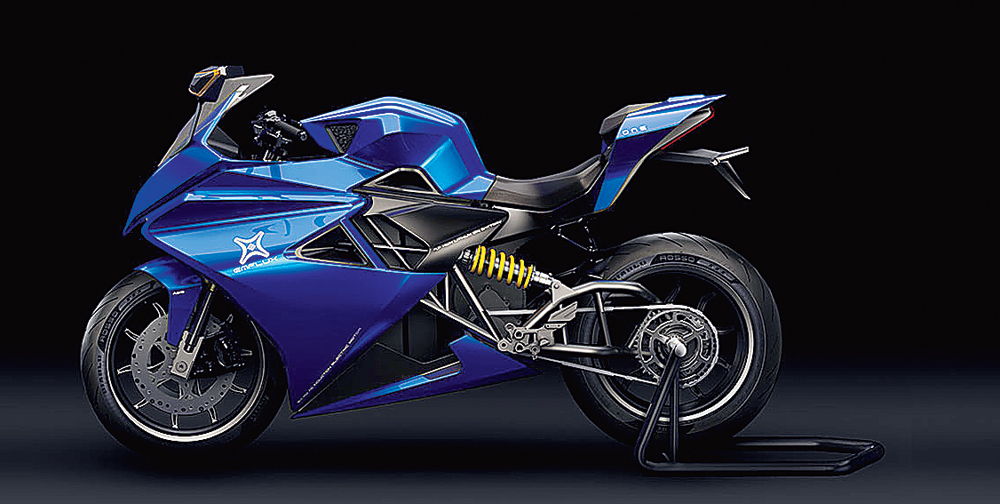If the government has its way, in five years time, the only kind of small two-wheeler one would be able to buy new in India would be the electric variety. The sale of motorcycles, scooters and mopeds with 150cc or smaller engines, which currently account for 90-odd per cent of all two-wheelers sold in India, would come to an end if that happens.
Naturally, this proposal has shaken up the big manufacturers. None of the four companies — Hero MotoCorp, Honda Motorcycle and Scooter India, Bajaj Auto and TVS Motor Company — that control about 90 per cent of the market have an electric vehicle (EV) in their line-up yet.
But a host of start-ups have been enthused to roll out two-wheel EVs. So, chances are that most of the EVs will come from them, at least to begin with. Some of them, like Okinawa Scooters and Ather Energy, are already selling their products in the market. Others, like Revolt and 22KYMCO are about to do so.
The significance of these early movers isn’t lost on the big guys. Hero MotoCorp has invested in Ather Energy and TVS Motor in Ultraviolette Automotive, probably with the intention of cashing in on the technology being developed by these start-ups at a later date. So, whether these companies remain independent or otherwise, it is likely that it’s their products that will have a significant impact on the market.
Here’s a look at some of the bikes and scooters that you could be looking to buy soon.
Emflux One
This is intended to be a performance machine in the electric space. It promises a 0-100kmph run in three seconds, a top speed of 200kmph, and a range of 200km. There will be just 199 of these mean machines costing about Rs 5lakh a piece. It is powered by a liquid-cooled AC induction motor that makes 71hp of power and 74Nm of torque. We are waiting for what the company will be making next.
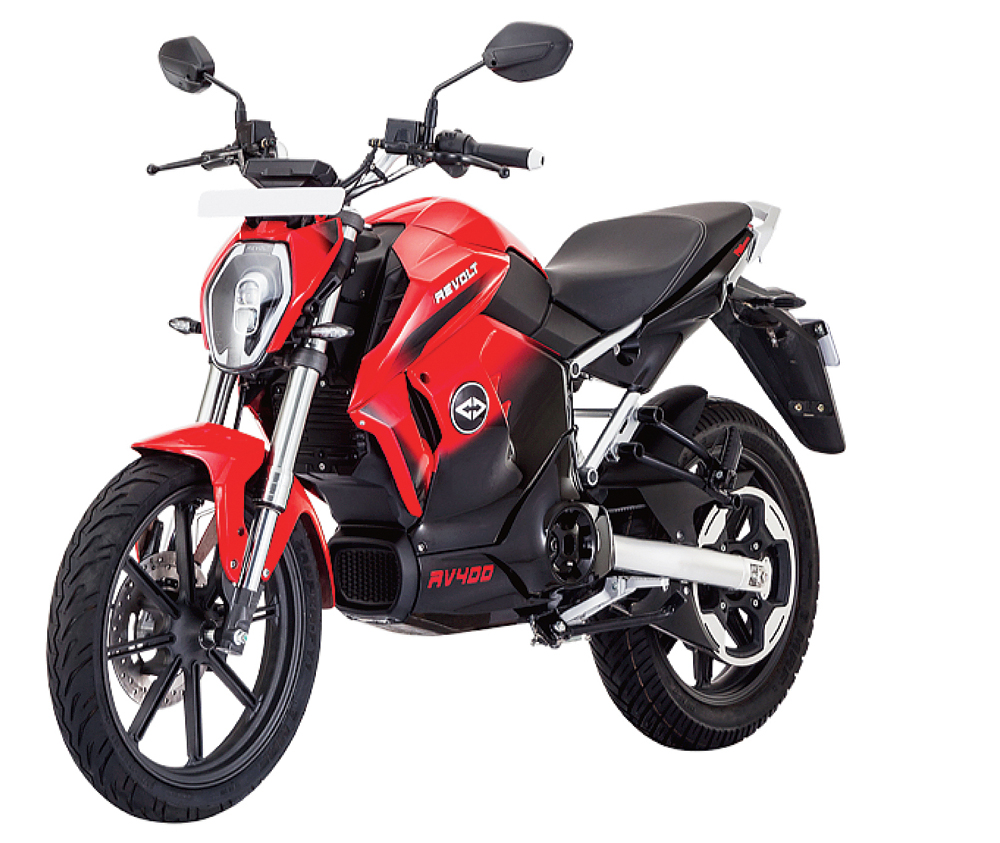
The Revolt RV400 Source: The company
Revolt RV400
With a range of 156km and swappable batteries, the RV400 promises to be an alternative to the current petrol-engined crop of commuter motorcycles. Top speed is limited electronically to 85kmph, which is enough for its job. But there’s a whole lot of features, like geofencing and battery and breakdown alerts, that this bike comes loaded with. Expected price is about Rs 1 lakh.
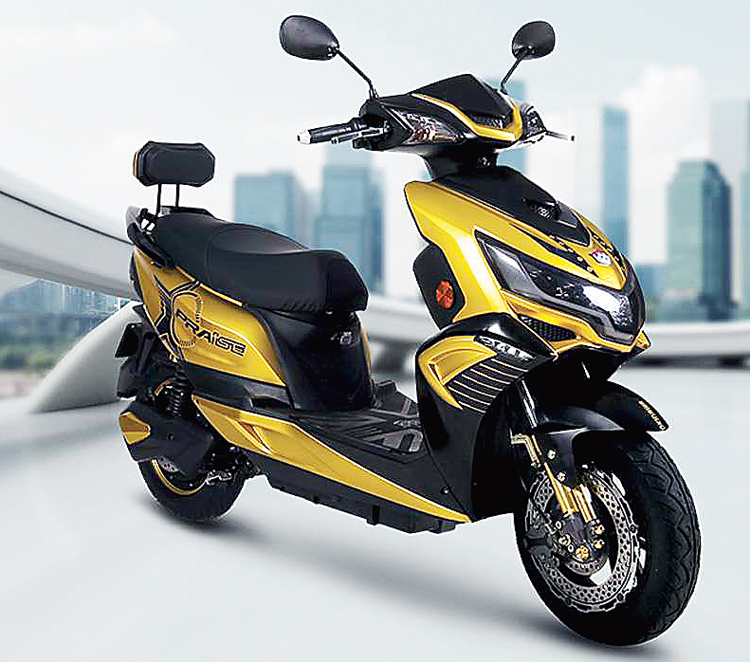
Okinawa I-Praise Source: The company
Okinawa I-Praise
Okinawa Scooters is one of the companies that has already put six EV models on the road, including the I-Praise. This one, with a range of 160km-180km on a full charge, runs on a 2.5kWh (about 3.25hp) motor and can hit a top speed of 75kmph. This one sells for Rs 1.14lakh before taxes.
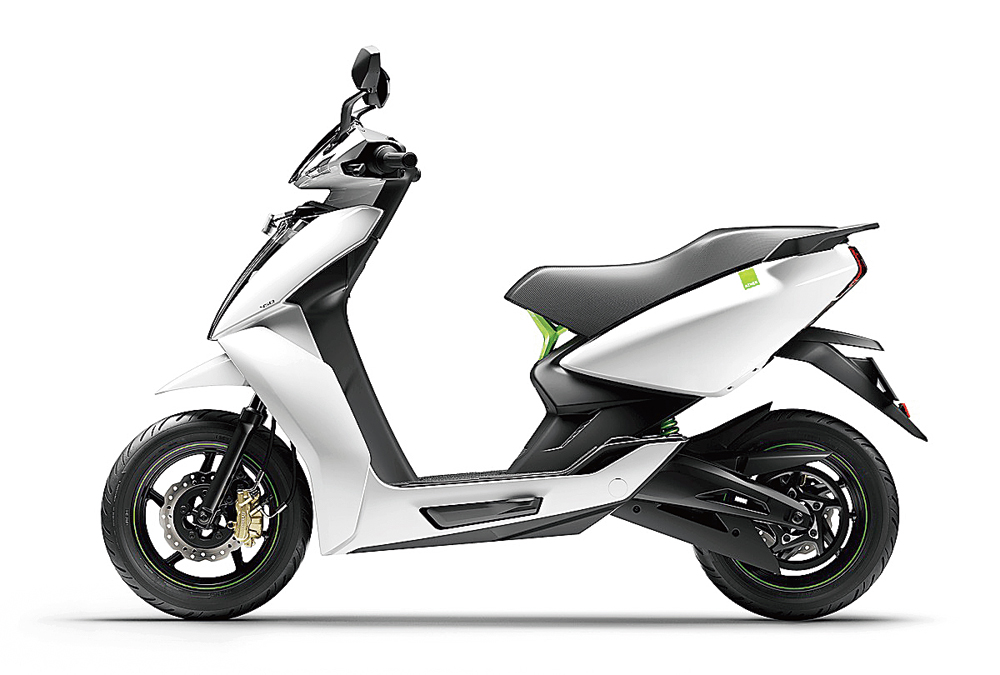
Ather 450 Source: The company
Ather 450
With a top speed of 80kmph and a range varying between 55km and 75km, this is the commuter king, but will now have competition from the RV 400 and the 22Kymco iflow. It’s motor makes 20.5Nm of torque and a peak power output of 5.4kW (about 7.2hp), which makes it quite a peppy ride. The 450 comes for about Rs 1.23lakh ex-showroom in Bangalore.
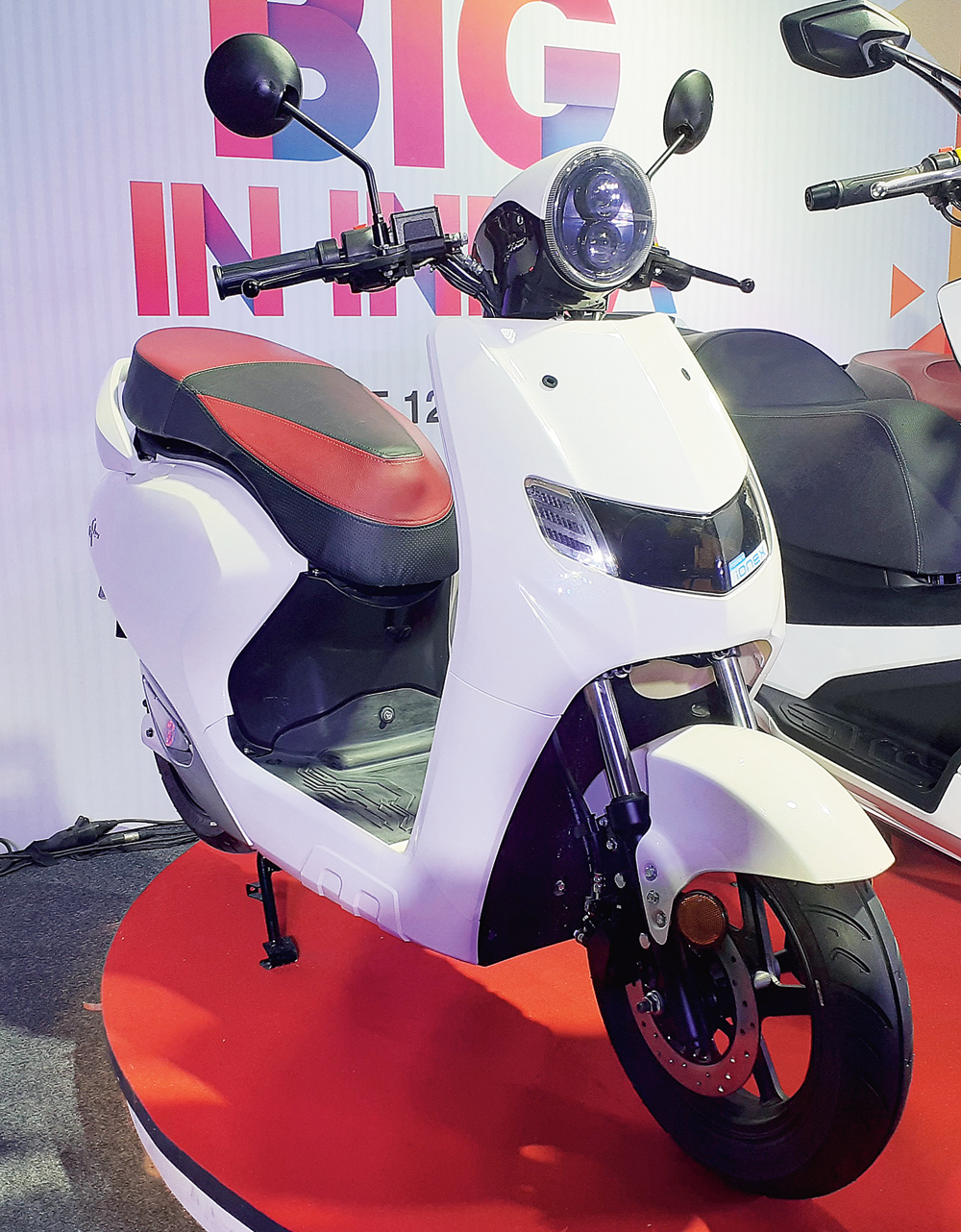
The 22Kymco iflow Source: The company
22Kymco iflow
With a range of 60km-80km, this electric scooter has been designed as a city commuter. A 2.1kWh motor allows it to hit 60kmph. And at Rs 90,000 it is one of the comparatively cheaper alternatives to petrol scooters. Deliveries are expected to start in September.
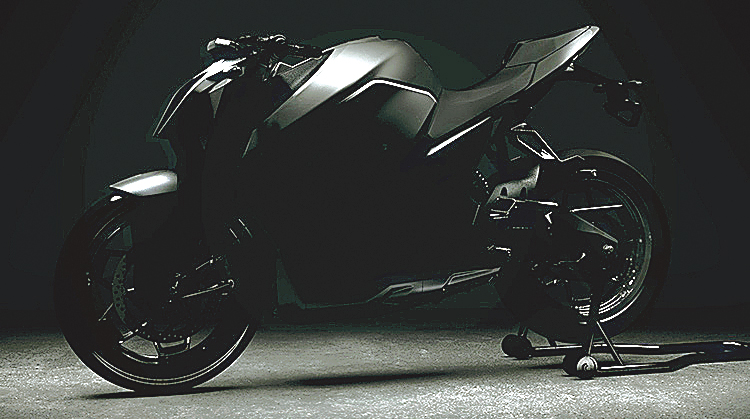
The Ultraviolette F477 Source: The company
Ultraviolette F477
This is likely to come in at the higher end of the market and be an alternative to the 200cc bikes. The TVS Motor-backed company says its machine will run 150km on a full charge. Zero to 60kmph is expected to be achieved in three seconds and power output is promised at 35kW (about 33hp). That should make it a punchy ride. Prices are yet to come.
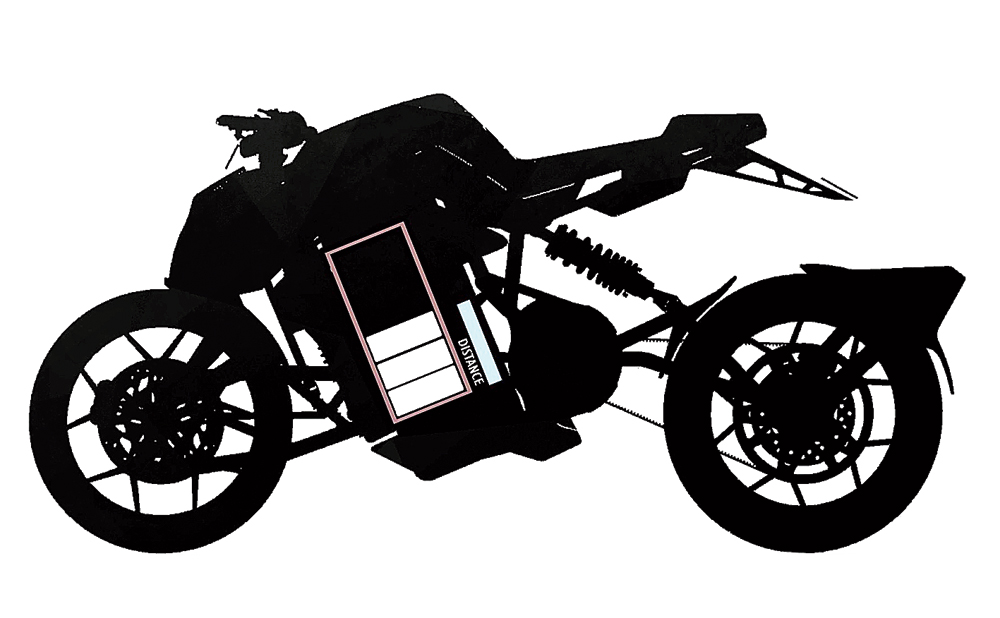
The Orxa Mantis Source: The company
Orxa Mantis
Little is known about this one barring that it is likely to be a performance-oriented street bike. “The speeds and range will allow our riders to be comfortable on all types of city roads and on highways,” the company claims.

